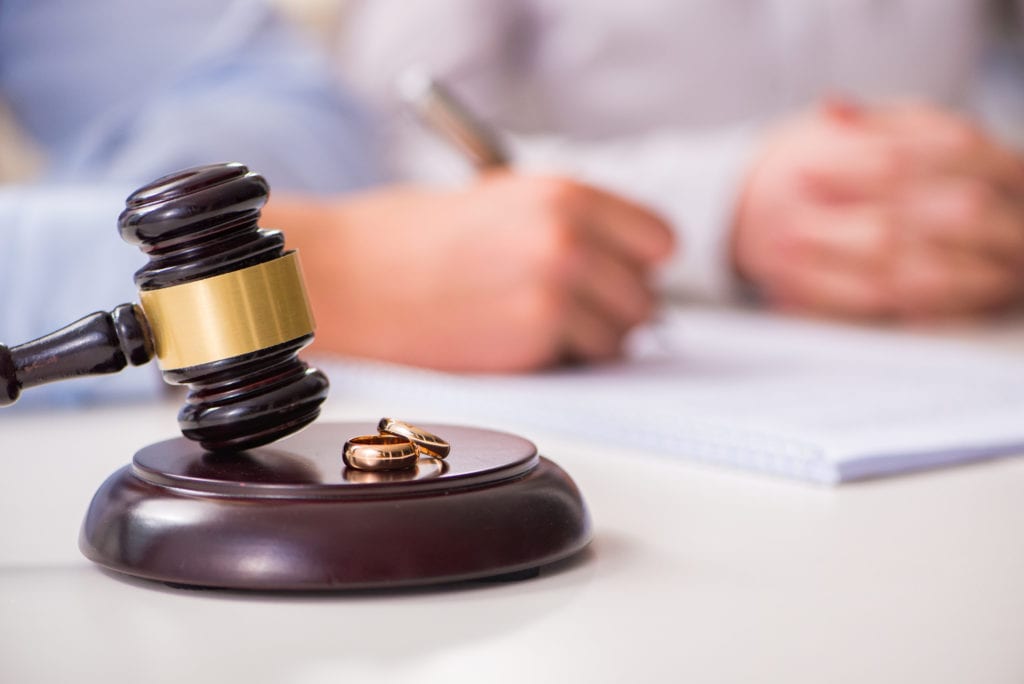blog & insights
When it comes to your family’s legacy, every dollar you can save from tax collection counts. One way to keep your assets out of the hands of the IRS is the formation of community property trusts. How does a community property trust (CPT) work? CPTs save you money on taxes by adjusting or “stepping up”…
You intend to pass along your wealth through your estate plan, but what about your wisdom? Ensuring you accomplish both calls for a family meeting to have a conversation about your money, your legacy, and your core principles. Most families lead far-flung and busy lives, meaning the only time they see one another face-to-face is…
Trusts allow you to avoid probate, minimize taxes, provide organization, maintain control, and provide for yourself and your heirs. In its most simple terms, a trust is a book of instructions wherein you tell your people what to do, when. While there are many types of trusts, the major distinction between trusts is whether they…
We understand that it feels hard to get around to estate planning; it sounds about as fun as getting a root canal. However, we also understand that we all want to make sure that our loved ones are protected and receive our hard-earned assets –regardless of whether we have $10 million or $10,000. Don’t let…
While it is an honor to be named as an executor of a will or estate, it can also be a sobering and daunting responsibility. Being an executor (sometimes called a personal representative) requires a high level of organization, foresight, and attention to detail to meet responsibilities and ensure that all beneficiaries receive the assets…





